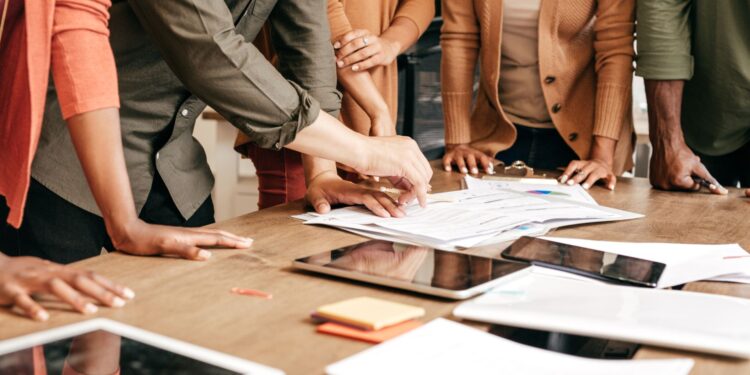The visualisation of politics and democracy has taken many different forms, with numerous tools available. Social networking sites such as Facebook, Twitter, and Instagram have become critical means for politicians, activists, and ordinary citizens to disseminate information, mobilise support, and participate in public discourse.
Positive Impacts:
- More Accessibility: Social media’s ability to bring information about politics and government policy into reach has led to a more informed citizenry and better participation in the democratic process.
- Grounded Voices: Social media has empowered marginalised communities to express their views and advocate for their needs. This has been instrumental in raising awareness of issues that might not have received the attention they deserve.
- Facilitating Activism: Social media makes it easier for people to organise and participate in protests, rallies, and other forms of activism.
Negative Impacts:
Disinformation and Propaganda: The use of social media has also enabled the spread of disinformation and propaganda, posing a risk to democratic processes.
Polarisation and Echo Chambers: AI algorithms on social media platforms can create echo chambers that reinforce existing biases and limit exposure to alternative viewpoints.
Influence of Money and Power: Social media has amplified the influence of money and power in politics. Wealthy individuals and corporations use social media to sway public opinion and influence elections.
The Way Forward:
To mitigate the negative effects of social media on politics and democracy, we can:
- Promote Media Literacy: Educate citizens on how to evaluate information on social media and identify disinformation critically.
- Regulate Social Media: Implement regulations to prevent the spread of disinformation and ensure transparency in online advertising.
- Foster Civic Engagement: Encourage citizens to participate in offline civic activities (such as volunteering and community organising) to help create more tolerant and prosperous communities.
The power of social media in politics and democracy is complex and multifaceted. While social media may increase accessibility, promote the participation of marginalised groups, and foster activism, it can also facilitate disinformation, polarisation, and the involvement of money and power. As we promote media literacy, regulate social media, and encourage civic participation, we can harness the power of social media to enhance democracy and foster a more informed, inclusive, and active citizenry.


